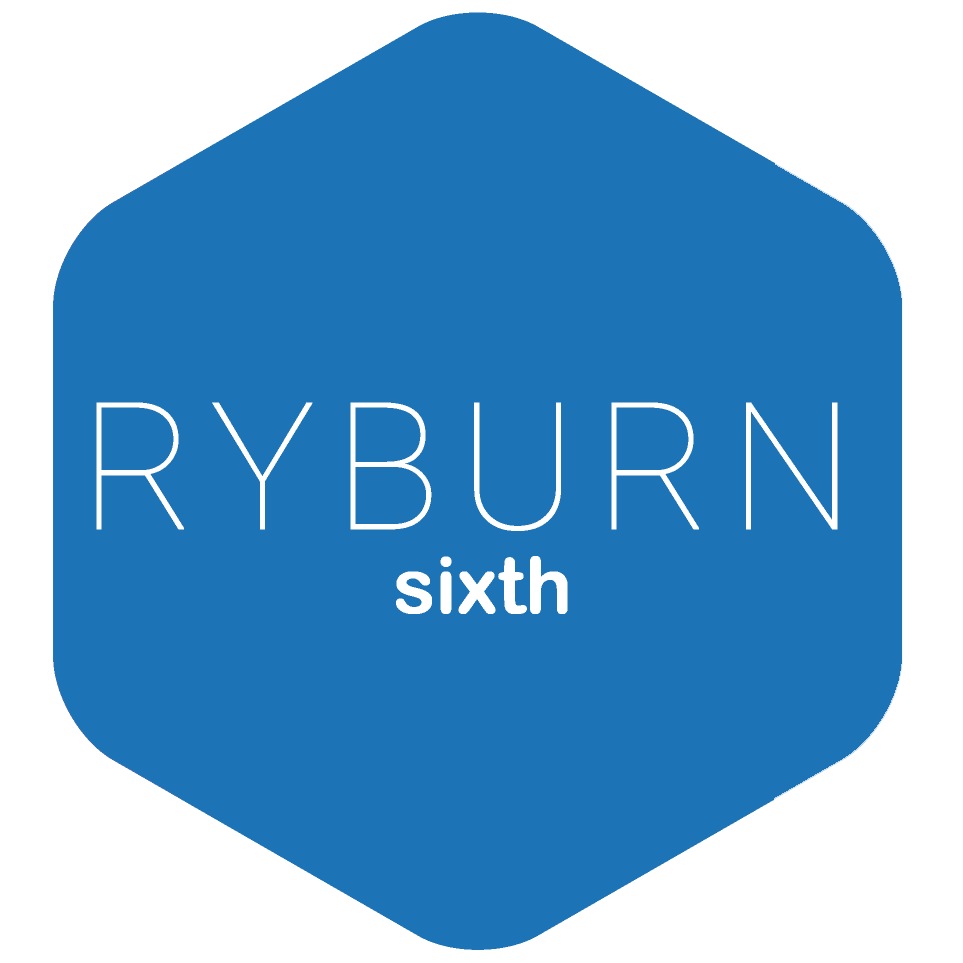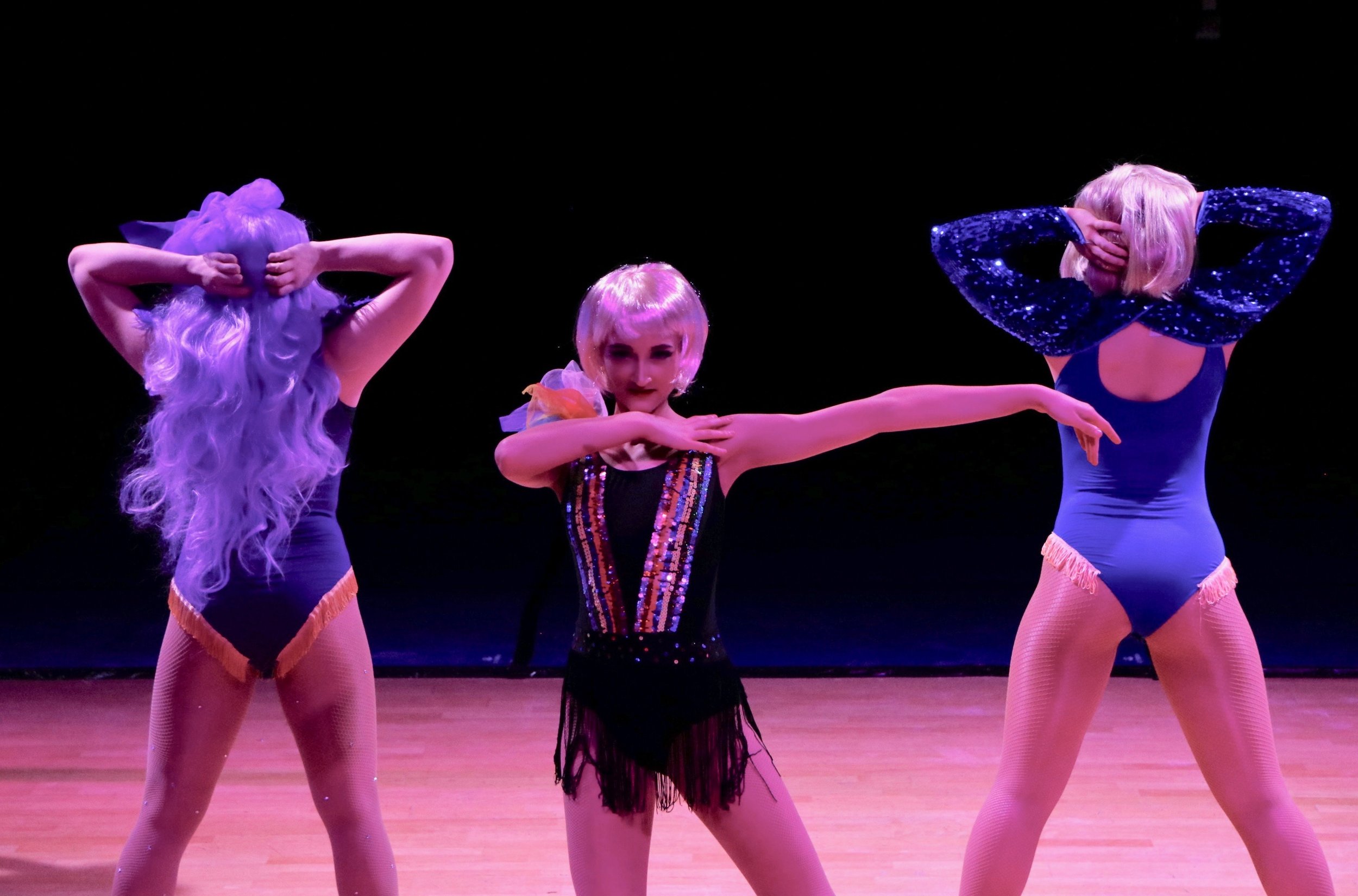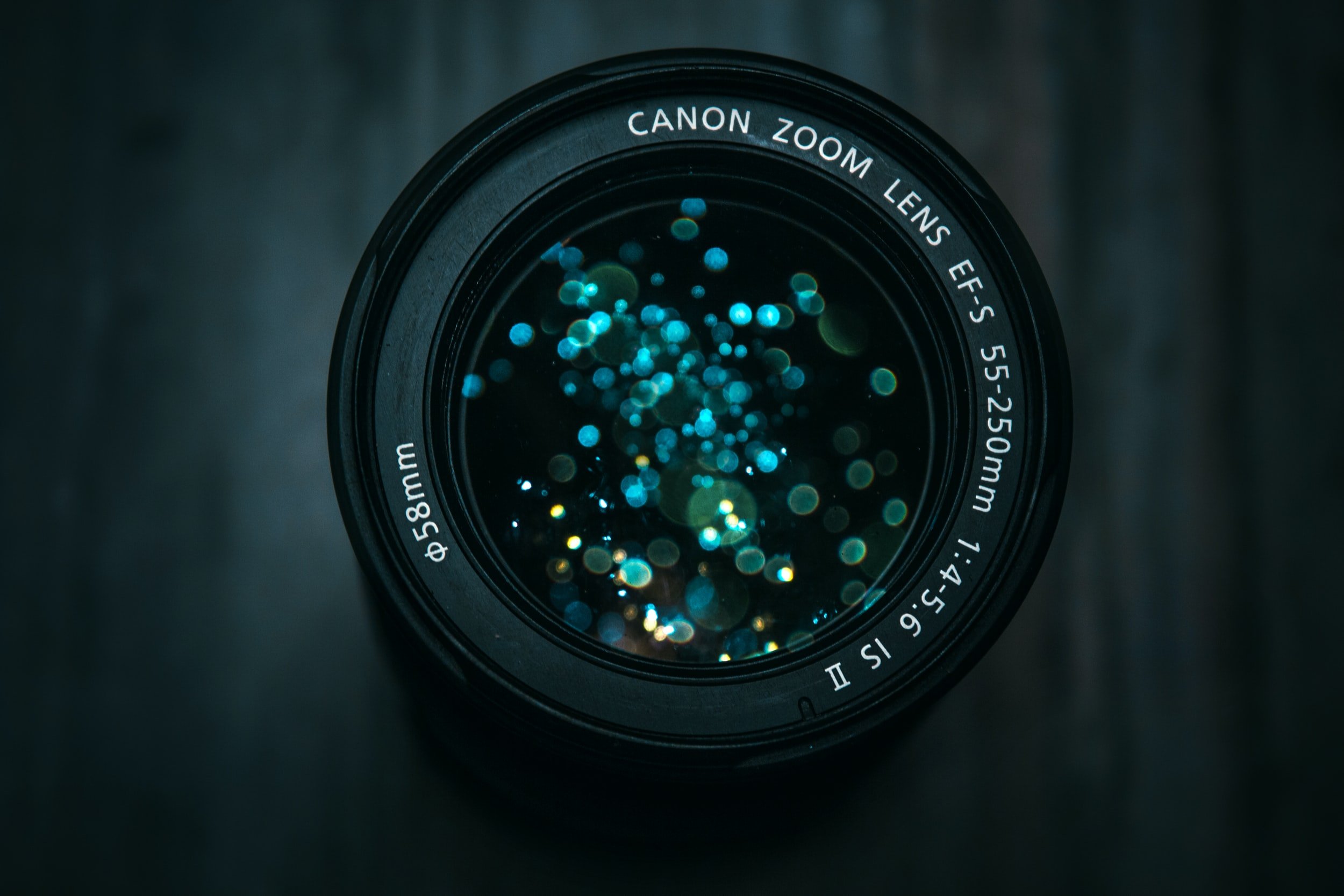Do you love music, art, dance, drama or photography but not sure if they’re a wise choice for you to study?
Studying the creative arts can lead to a bright and fulfilling career. Creativity is a trait employers really value. If you want to be a singer, dancer, actor, or artist then our courses are definitely for you. But what if you want to be a copywriter? Graphic designer? Work in marketing? Fashion? TV? Editor? Web designer? All of these and more require creativity, innovation, teamwork, problem solving, and more; skills which are nurtured in Ryburn Sixth’s creative arts department.
Studying a creative subject you are passionate about gives you energy and inspiration, and practical coursework elements, balancing well with more exam based study subjects. They are also something that can make you stand out: chance to express yourself as an individual and learn to present yourself at your best.
Explore this page to find out more about what the creative arts have to offer and what careers they could lead to.
Open Evening feedback
We want to know what you’re thinking about creative arts at Ryburn.
Study creative arts at Ryburn Sixth
Creativity fuels your future
We are in the business of equipping our students with the skills to flourish in the world of the future, not just the present. That means developing transferable skills that can apply in more than one career, the adaptability and innovation to succeed in different roles and make the most of changing opportunities.
The creative arts are uniquely placed to develop these skills through practical experiences and coursework.
Fusion skills
Fusion Skills are a set of twelve skills which are the competencies, characteristics and tools individuals need to flourish in the 21st Century Fusion environment. The list was developed the the City of London corporation through research with businesses, schools and cultural venues. You can find more about these here.
“● Oral communication/presentation skills
● Collaboration and teamwork
● Initiative
● Problem solving
● Organisational skills (planning, time management, deadlines, prioritisation, multi-tasking)
● Adaptability/flexibility
● Written communication
● Independent working/autonomy
● Critical thinking
● Resilience
● Creativity
● Analysis and evaluation”
The creative workforce
Careers opened up through studying creative arts are wide in scope, including: book publishing; charities; digital and AI; government and campaigning; fashion and beauty; film; museums, galleries and libraries; music; live events; newspaper and magazine publishing; PR, advertising and marketing; radio; television; talent; and theatre.
Creative industries continued to power the growth of the UK's workforce last year, adding new posts at twice the rate of the rest of the economy, according to official data. Locally as well as nationally, the creative industries are a major growth area in the north of England. With the BBC’s move to Manchester and Channel 4’s new Leeds HQ, an ecosystem of creative, digital and video focussed companies has sprung up to support them.
Explore creative careers
Check out the resources and sites for more inspiration and information on where studying creative arts could lead you.



















